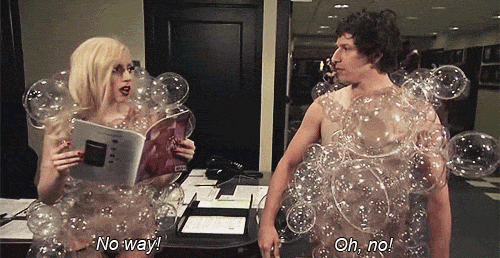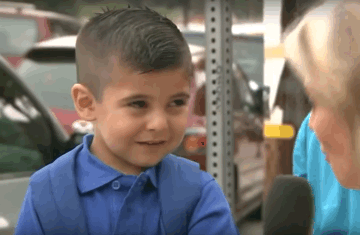People love to give advice on interviewing tips and tricks, but you can only hear so many times “have a strong handshake,” or “make eye contact with the employer.” There are lots of other aspects of interviews that might get overlooked, but are important to discuss and cover. Below are some interviewing tips that you might not think about.
Before the Interview
What do I wear?

When it comes to dress, it is important to look into the culture of the organization you are applying to. You don’t want to wear a suit to a start-up interview, but you do want to wear a suit to an interview at a financial firm. In general, whatever the standard dress code is for the office, dress one notch above that. If the office is business casual, wear business formal to the interview. With all this said, try to be comfortable and yourself while still remaining professional.
Use Google alerts

It is important to do research on an organization before you go in for your interview. It shows you have done your homework, took an interest in the company, and can give answers rooted in data. But finding all this research can be hard when you have classes, papers, and finals. That is why using Google Alerts is a great option to get updates on companies without taking hours of time out of your schedule. All you have to do is go to www.google.com/alerts type in the company you are interested in, enter your email, and you will start to receive email updates when news comes out about the company!
Prepare for the “what is your weakness” question

Everyone’s favorite questions: “It seems like you have a lot of great strengths, but tell me about something you feel is a weakness?” Often times people will either give a fake answer, such as “I am too nice,” or completely admit their weakness and leave it as that. A better way to answer this question is to be honest, but explain what you are doing to overcome this weakness. For example: “Sometimes I struggle to run efficient meetings, but I have worked to overcome this by creating agendas, recording minutes, and ending with action items for everyone to do by next week.” This answer is honest but shows how you are working to improve as well.
During the Interview
Think aloud analytical questions

Sometimes employers like to ask questions we never think about in real life, such as: “if you could be any kitchen utensil, what would you be and why?” This really throws people off and can be hard to figure out what the ‘right’ answer is. The reality is there is no ‘right’ answer, and usually the interviewer doesn’t care what you say, just why you said it. So if you want to be a spatula, explain your thinking and reasoning, and the interviewer will be pleased.
Case study interviews

Some interviews involve working with a group of other interviewees to complete a given task. This stresses a lot of people out because they feel like they are going to get lost in the group, or that they need to prove they know the right answer. In all honesty, employers are more interested in learning how you work with others over finding the right answer. If you ever are in this situation, just be yourself and try to find a balance between being supportive and engaged and taking over. Employers want to see that you are a team player who is willing to step up as a leader, but also as someone who allows others to take control as well.
After the Interview
Email or write a personalized thank you note

A lot of people think thank you notes are ‘old school,’ but they really can set you up for success. Try to thank your interviewer within 24 hours of finishing the interview. It shows your gratitude, and also helps you be memorable as well. It can open a door for dialogue in the future, and even if you don’t get the job, you fostered a good relationship with the employer, and they might look to hire you in the future.
